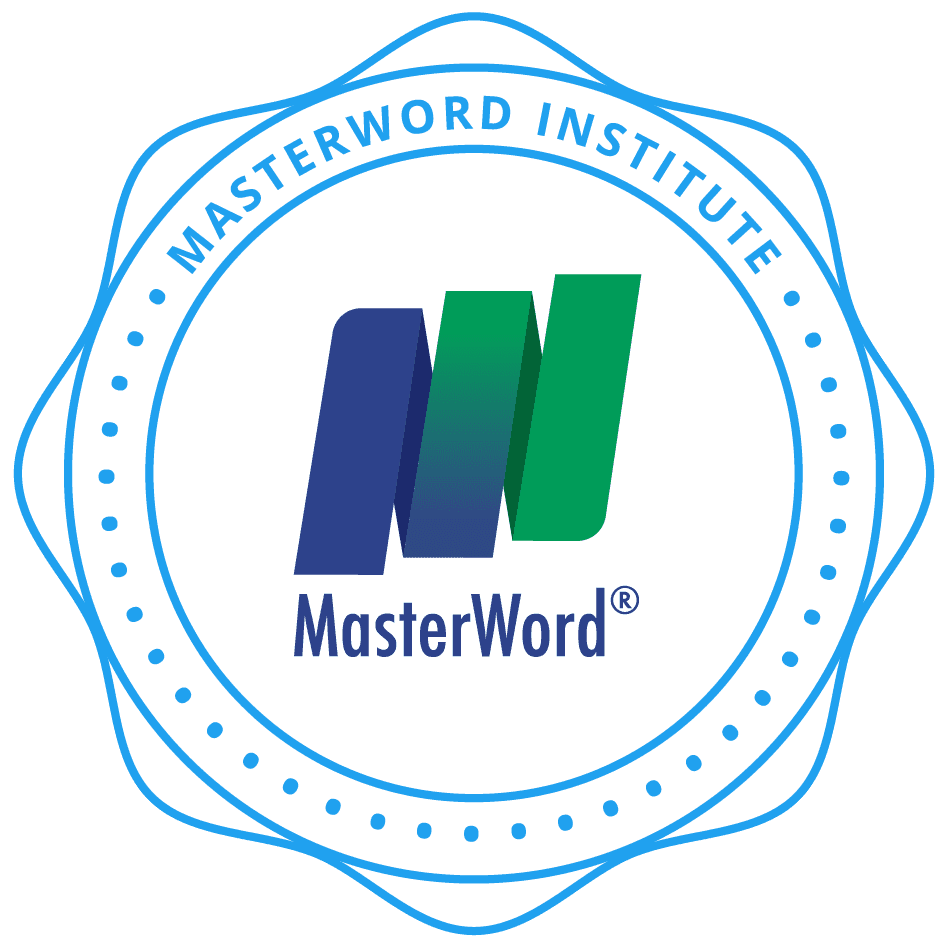My career path to becoming a healthcare interpreter was by no means straightforward. At that time, there was no established path. Most professional healthcare interpreters I meet seemed share similar stories about how they started their careers by accident. In a way, I also became a healthcare interpreter by accident.
In spite of the various local and national interpreter organizations and the availability of certification for healthcare interpreters, the path had been largely undefined until the CATIE center at St. Catherine University developed a Healthcare Interpreting Career Lattice (pictured below). Although the lattice was developed for American Sign Language interpreters, all interpreters of signed and spoken languages can use it as a guide to become a healthcare interpreter.

CATIE Center at St. Catherine University. (2015). Healthcare Interpreting Career Lattice. In Interpreting in Healthcare Settings.
Retrieved from http://healthcareinterpreting.org/lattice/
Let’s get started.
Prerequisites to Becoming a Healthcare Interpreter
Beyond your language abilities, ideally, you have:
- community (non-healthcare) interpreting experience,
- a college degree (high school diploma or equivalent is the minimum requirement for some opportunities),
- liability insurance (applicable to self-employed – consult with legal professional for advise),
- up-to-date inoculation and records,
- training,
- background & security checks.
Inoculations
Each hospital or healthcare system will have their own requirements. One way to identify the required inoculations is to contact the Human Resources Department for the healthcare system or Language Service Provider you wish to work with. Some of the inoculations I have been asked to maintain as a healthcare interpreter include annual flu shots and TB tests, as well as a current MMR (measles, mumps and rubella) that you may have received as a child.
Remember:
- Flu shots are administered seasonally and are not available certain times of the year, therefore it is important to plan ahead.
- If you are allergic to any inoculation, make sure to keep written documentation of your allergy and note that protective equipment may be required for you to access a healthcare facility.
Liability Insurance
Liability insurance may be required if you are a freelance interpreters and translators. You should read contracts and policies thoroughly before engaging in a business relationship with any company, system, or organization. If errors and omissions insurance is required, you should expect your premium to be about $500 a year. Read more about errors and omissions insurance HERE.
Training
It is imperative that at a minimum you attend a workshop on ethics and standards of practice specific to healthcare, as well as complete the recommended introductory course work, including HIPAA training, which is required for all who work in a healthcare facility. Additionally, I recommend formal or informal training or independent study related to the US healthcare system, anatomy and physiology, and medical terminology in all of your working languages. You may be able to find workshops bundles, conferences, or online courses that cover many of these topics at once and offer savings.
Tips for Spoken Language Interpreters
If you are a spoken language interpreter, all of the requirements listed will still apply, with minor modifications to the certification requirement. The Certifications listed in the checklist are generalist certifications for ASL interpreters and serve as a means to ensure that candidates have the necessary command of both languages and are familiar with proper interpreting techniques. You may need to demonstrate your language proficiency in your language pair through an assessment or interview, depending on the organization soliciting your services. Furthermore, certification for entry level healthcare/medical interpreters is available through NBCMI or CCHI. The Medical Interpreter Certification: Which Should I Choose? blog will help you choose the right certification for you.
Final thoughts
The Career Lattice serves as a wonderful starting place for those new to our profession. I fully support the recommendation to complete all pre-requisites before accepting assignments in the healthcare setting.
If you follow the prerequisite recommendations of the Using the Healthcare Interpreting Career Lattice guide, you will be prepared for your first healthcare interpreting assignment.
More Posts on Freelancing in the Language Industry

Conversations About Death in Healthcare Encounters for Interpreters
Death should be easy to discuss, since every single person on this planet dies, yet it is still a difficult topic to talk about. Death

Interpreter Decisions: How to Interpret Profanity
As healthcare interpreters, we are guided by ethics and standards of practice, and we always stay on the tracks. But within those guidelines, we must

3 Tips for When Your Interpreting Encounter Turns Into a Mental Health Discussion
The doctor or Nurse Practitioner is talking with the patient about the need to take his meds faithfully for his chronic disease,…


